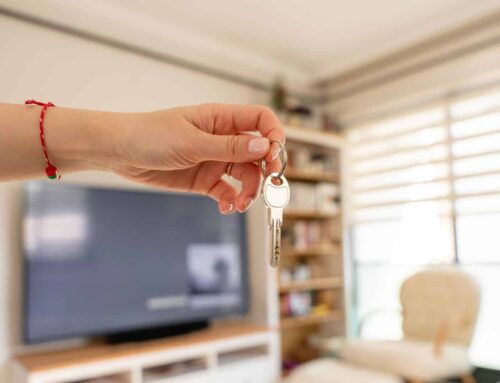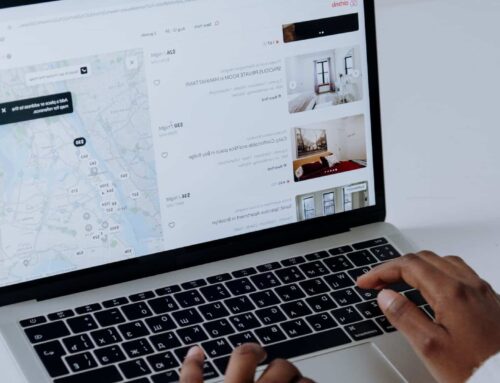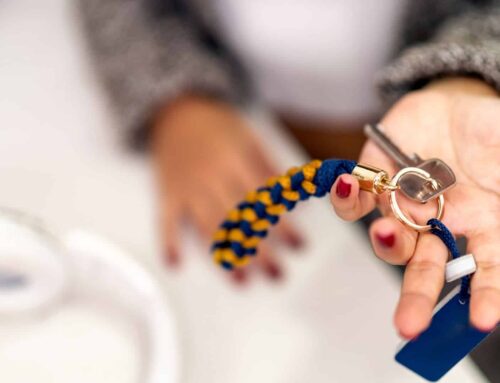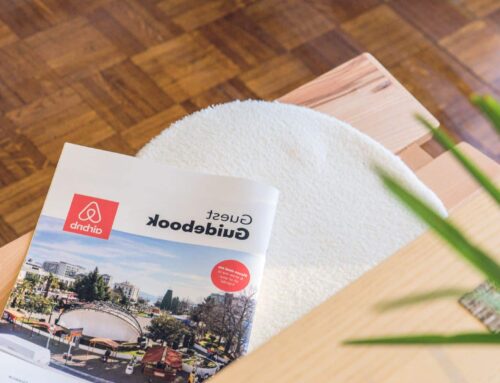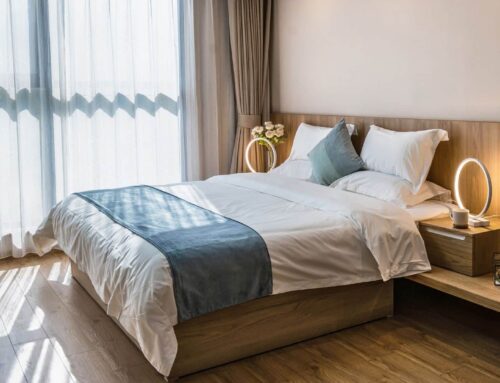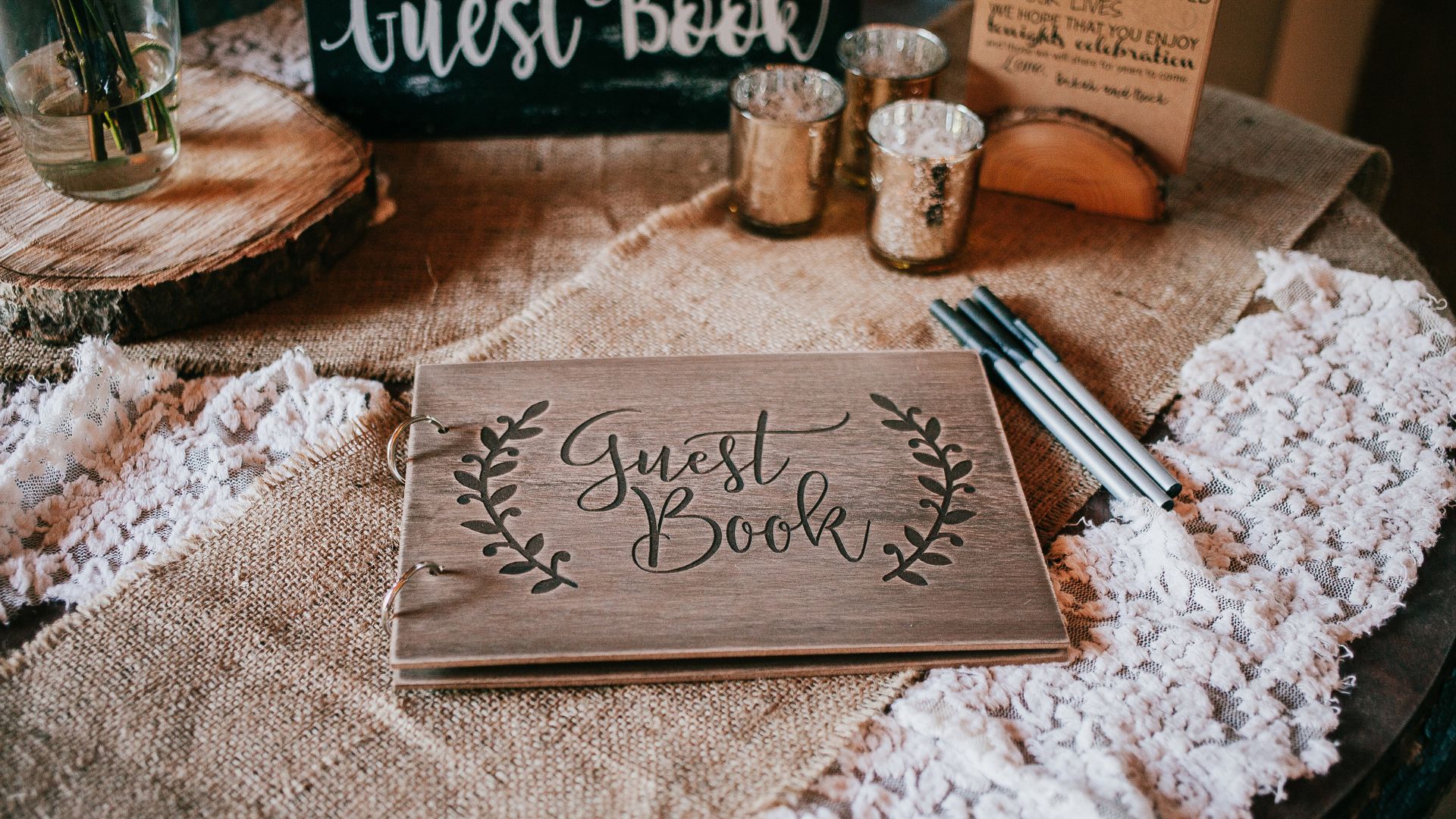
Are guests leaving poor reviews because of something as simple as check-in? Check-in might seem like a small detail, but it’s one of the most talked-about topics in reviews, especially in Airbnb management. When it goes well, guests barely mention it. When it doesn’t? It becomes the headline.
Self-check-in is undeniably convenient. Hosts save time, and guests enjoy the flexibility. But when things go wrong, vague instructions, faulty codes, or a missing key set the wrong tone from the very start. And first impressions stick.
This blog uncovers the most common self-check-in mistakes that quietly chip away at your reviews. The good news? A few small changes can make a big difference. From cleaning up communication to adding a warm touch, it’s all about creating a smoother, stress-free arrival.
Avoid These Common Mistakes
Self check-in might save time, but it only works well when it’s done right. One small misstep like unclear instructions or a dead smart lock an cause unnecessary stress for guests and damage your chances of a five-star review.
Below are the most common self-check-in mistakes that frustrate guests and cost hosts their hard-earned ratings. The good news? Every one of them is easy to avoid with a little extra care and planning.
1. Vague Instructions That Leave Guests Guessing
There’s nothing more frustrating than standing outside a property, phone in hand, unsure what to do next. Vague directions, missing entry details, or confusing instructions quickly lead to guest anxiety and bad reviews.
Some hosts rely on last-minute messages or assume guests will figure it out. That rarely ends well. Clear, timely communication is essential. If the instructions are buried in a long email or poorly formatted document, guests might miss important steps.
The best approach? Schedule a message to go out 24–48 hours before check-in. Include step-by-step directions, photos of the entry point, and any access codes. A short video walk-through can also be a game changer.
Guests often mention unclear check-in instructions as a major frustration in reviews. It sets a bad tone and makes your property feel unprofessional.
Think like a guest who’s tired, maybe jet-lagged, and arriving late at night. Make the process so clear that they can do it with one eye closed and their hands full of luggage.
2. Access Code Errors & Lockbox Drama
Incorrect access codes or faulty lockboxes are more than just annoying; they derail the entire arrival experience.
Technical glitches, expired codes, or unclear instructions can leave guests locked out and panicking. It’s not the kind of first impression you want to make. Some guests have even ended up booking emergency accommodation elsewhere after being unable to get in.
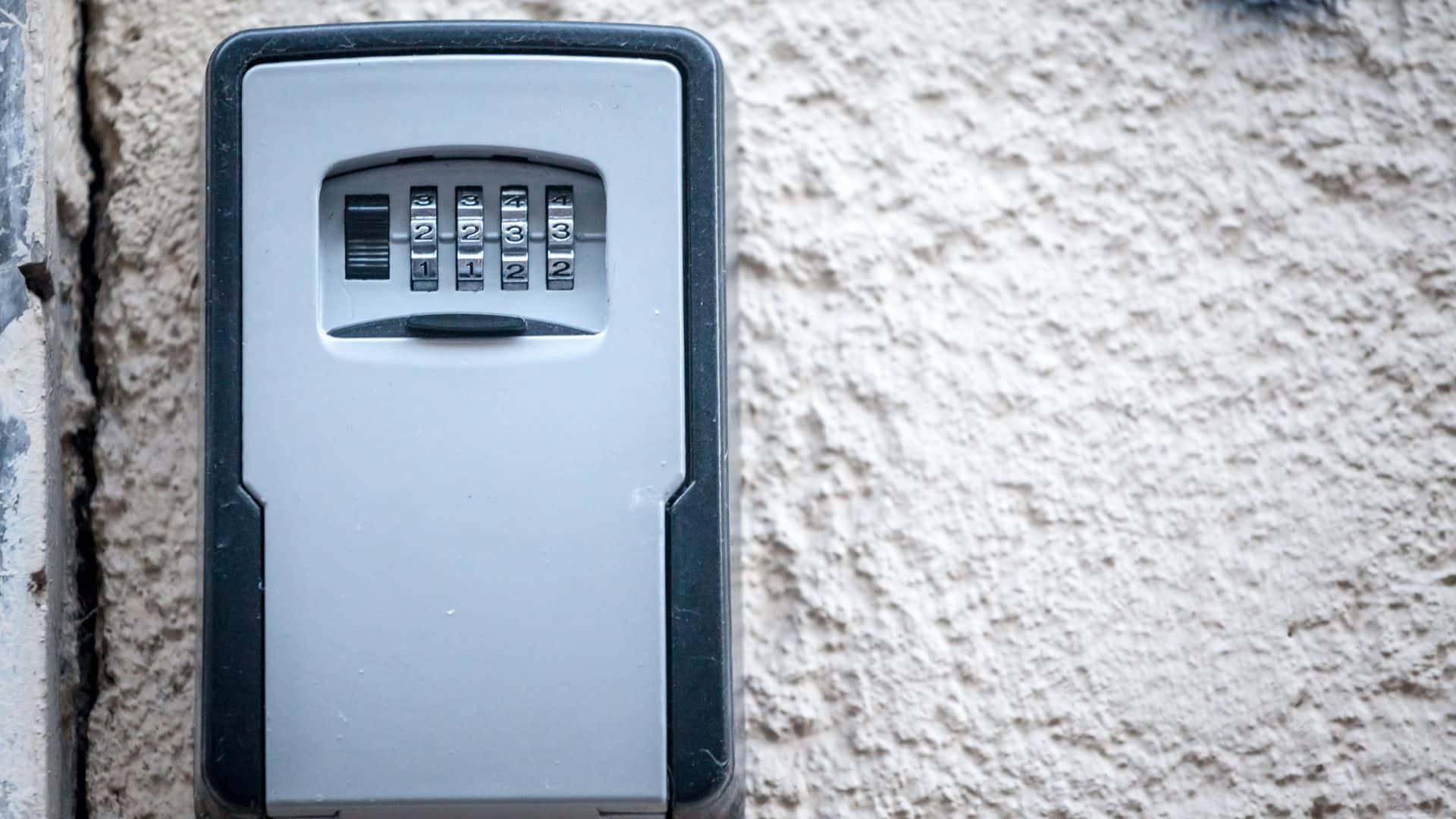
Every lockbox and smart lock should be tested before each stay. Rotate and update codes regularly, and ensure no one has lingering access. For physical keys, label them clearly and place them exactly where the instructions say they’ll be.
Include backup instructions in case the lockbox jams or the code doesn’t work the first time. Visuals help, too a quick photo showing the location of the lockbox or keypad saves guests from guessing.
One poor review about a faulty check-in process can undo dozens of good ones. Take five minutes to double-check access systems. It could save your rating and your sanity.
3. No Back-Up Plan When Tech Fails
Smart locks and digital entry systems are brilliant until they stop working.
Maybe the Wi-Fi’s down. The batteries in the keypad are flat. Or the app your lock uses just won’t load. These tech issues aren’t rare, and when there’s no backup, guests are left stranded.
Hosts who rely solely on smart systems risk big problems when things go wrong. Always have a reliable alternative, like a hidden spare key, manual override code, or even a trusted local contact who can step in.
One guest review read: “We couldn’t get in for over an hour because the lock app kept crashing. There was no other way in and no one to call.”
Don’t let tech be a single point of failure. A smart check-in system should still be smart when it stops working.
4. No Warm Welcome or Personal Touch
Fully automated check-ins can make a stay feel a bit… cold.
When guests arrive and everything feels hands-off, it’s easy for the experience to feel transactional. But a little personality goes a long way.
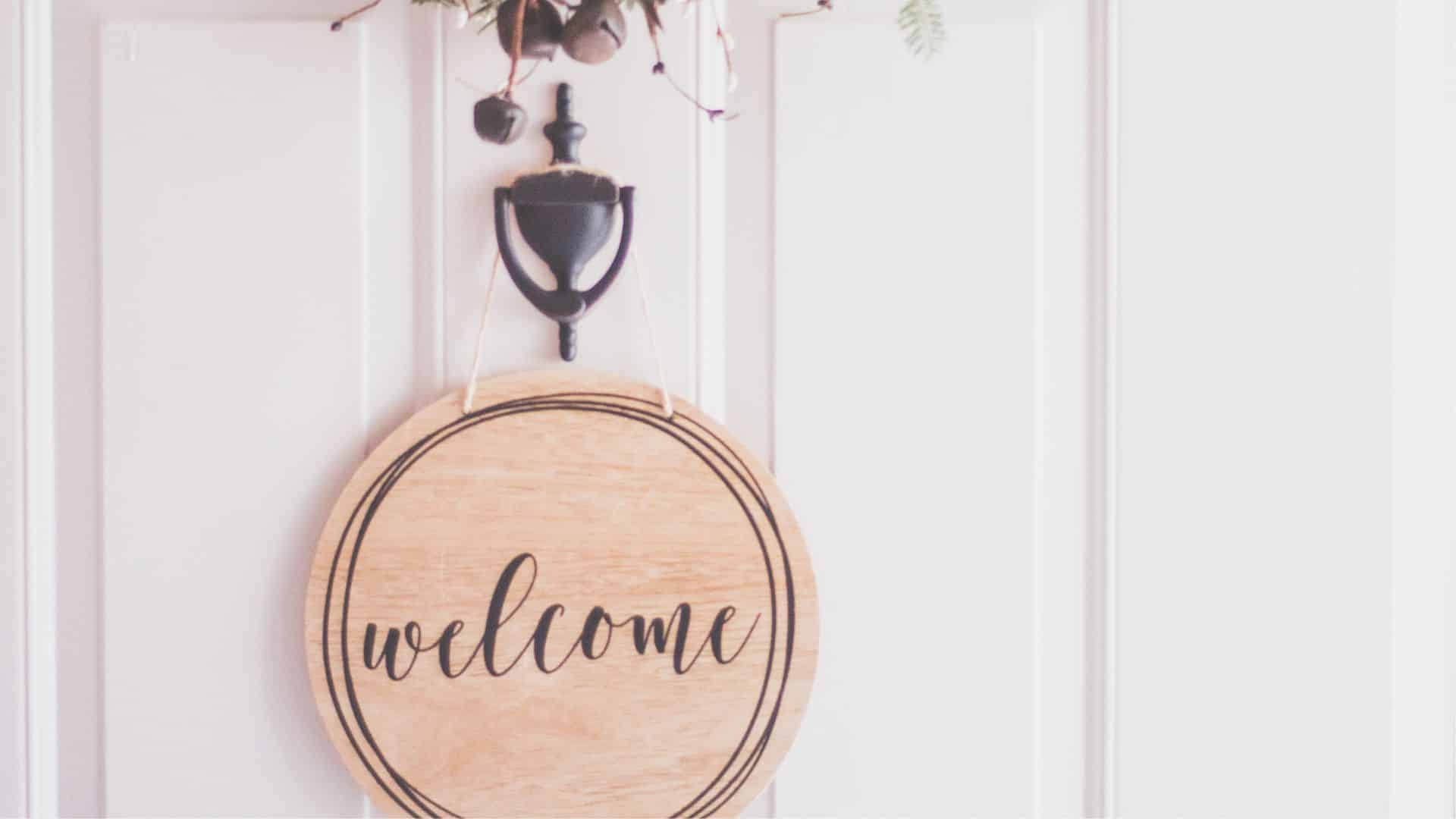
Simple gestures can make the space feel more welcoming. A handwritten welcome note, a couple of snacks, or a short list of local favourites adds warmth and character. It says someone actually cares.
These touches are often the reason guests leave glowing reviews. They don’t cost much, but they leave a lasting impression.
It’s not about being fancy, it’s about being thoughtful. Especially when the check-in process is fully digital, the human element matters even more.
5. Arriving at a Dirty or Unready Property
Nothing kills the excitement of a holiday faster than walking into a property that’s not ready.
Dirty floors, unmade beds, or leftover rubbish instantly make guests question the host’s professionalism. And even if the stay improves, that first impression lingers and usually ends up in the review.
This often comes down to poor timing between the cleaner and the guest’s check-in. If the schedule is tight or the cleaner’s late, guests may arrive while cleaning is still in progress — or worse, unfinished.
Automated cleaningschedules and pre-arrival checklists help avoid this mess. Confirm that the space has been checked, stocked, and reset before each arrival. And if something does go wrong, communicate early and offer a fix straight away.
Guests expect a clean, well-presented space. It’s non-negotiable. Miss the mark here, and even the best location can’t save your review.
6. Forgetting to Update or Test Access Instructions
It’s easy to overlook something you’ve used a hundred times, like your check-in instructions.
But what worked last month might be outdated now. Hosts often forget to update PDFs with new pin codes, or they copy-paste the same message without checking if it still makes sense.
Guests end up trying old codes, walking in circles looking for a moved lockbox, or using mislabelled keys. Cue the frustrated messages and poor reviews.
Every now and then, run through the check-in process yourself. Follow the instructions as if you were a first-time guest. You’ll quickly spot anything confusing, outdated, or broken.
It’s a small habit that prevents big problems.
7. One Mistake You Should Never Make
Never forget to change the lockbox code after a guest checks out.
It’s one of the most common and most dangerous oversights. Leaving access unchanged opens the door (literally) to security breaches, lost items, and broken trust.
It only takes one bad experience for a guest to feel unsafe, and that’s a reputation no host wants.
Stay sharp, stay secure, and always update your access after every stay.
Want Guests Talking About Your Property, Not the Lockbox?
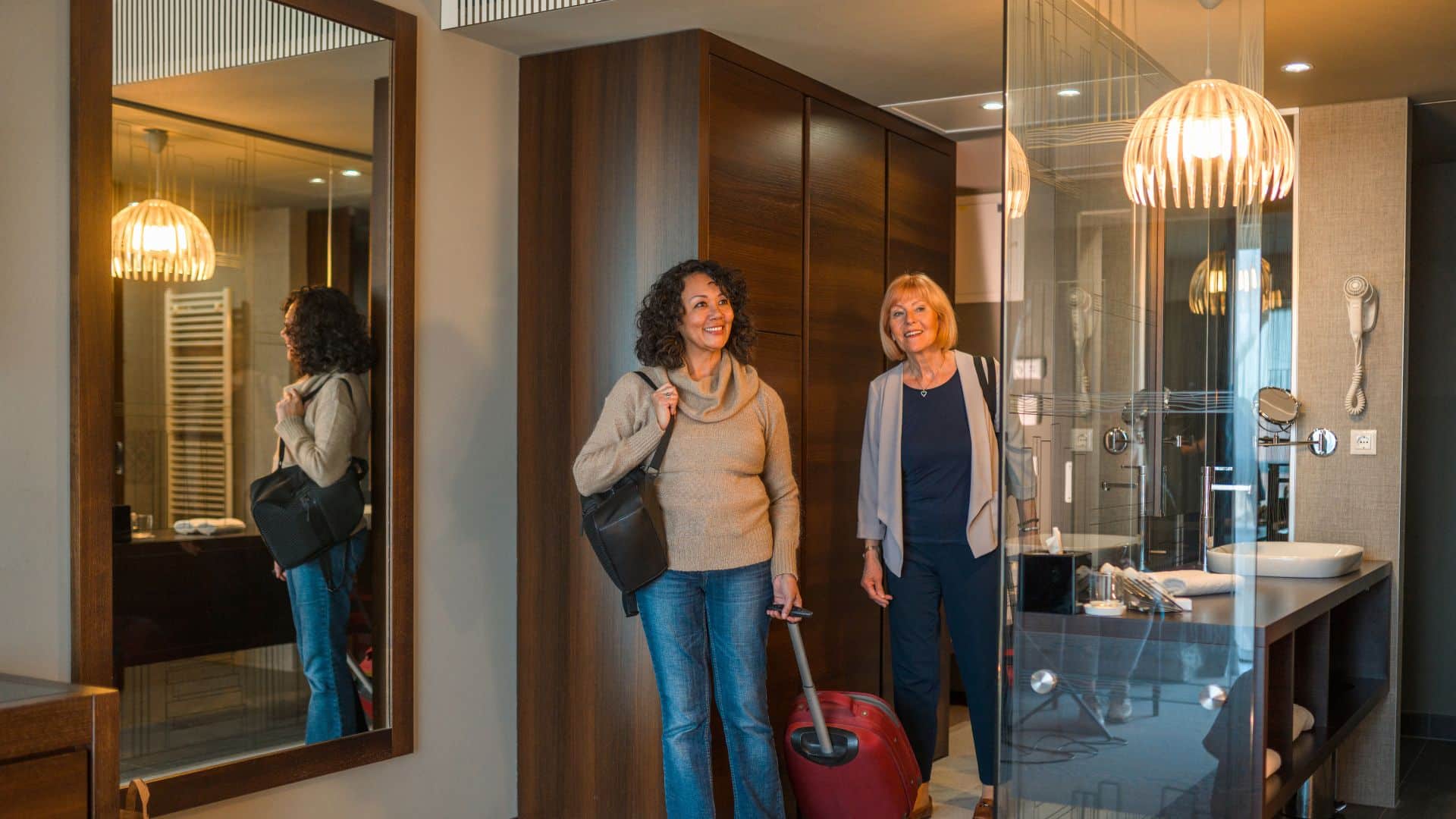
Here’s the truth: guests start forming opinions the moment they arrive often before they’ve even walked through the door.
A smooth, thoughtful check-in experience sets the stage for a five-star stay. It shows professionalism, care, and reliability. And when that happens, guests focus on what really matters: enjoying your space.
The smallest changes, like clearer instructions or a welcome note, can turn frustrating arrivals into rave reviews.
HomeHost helps take the stress out of self check-ins, offering full property management with a seamless guest experience. That means fewer complaints, more bookings, and happier guests.
Get in touch today and let someone else handle the hassle, so you can focus on the five-star feedback.
